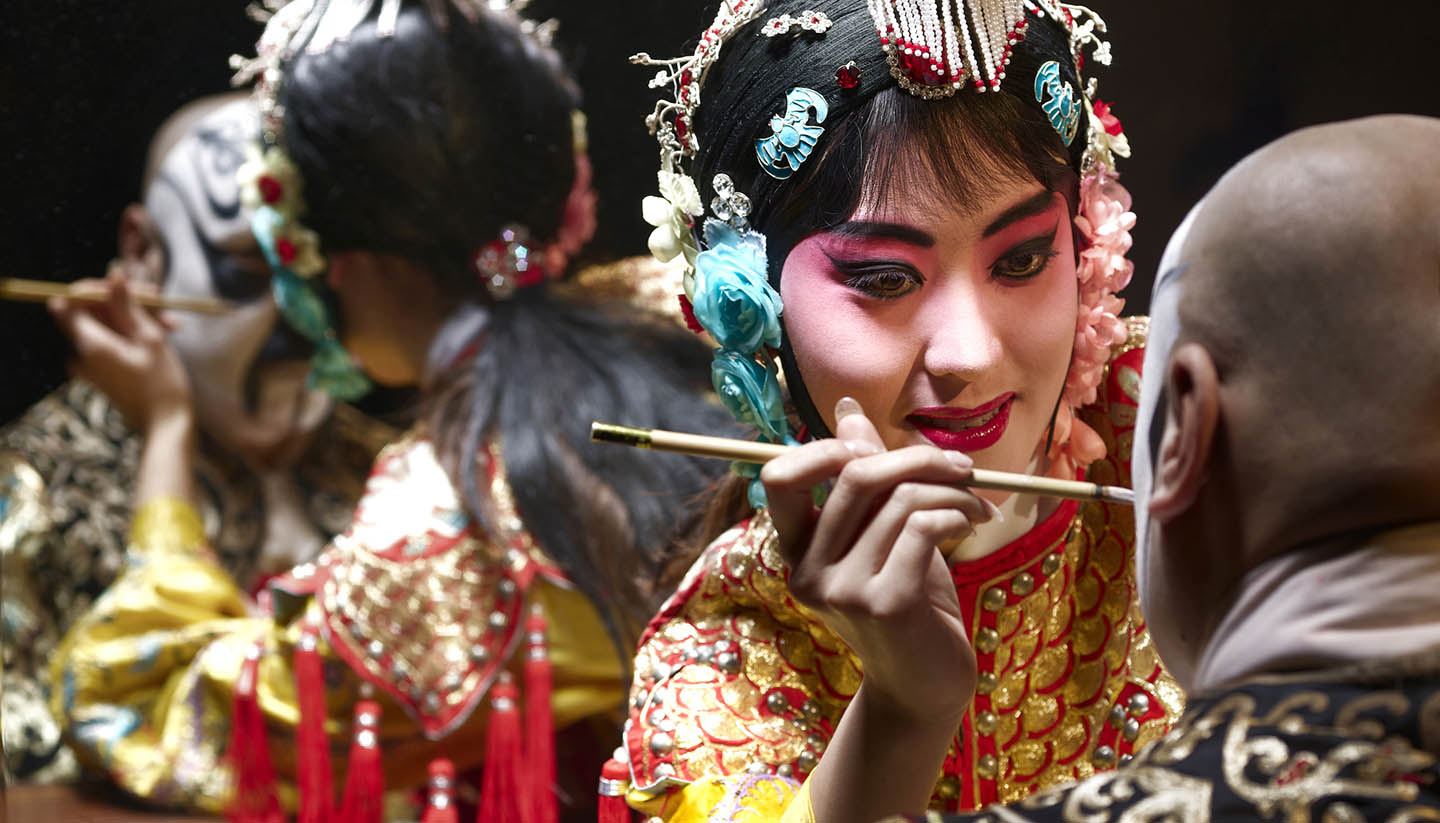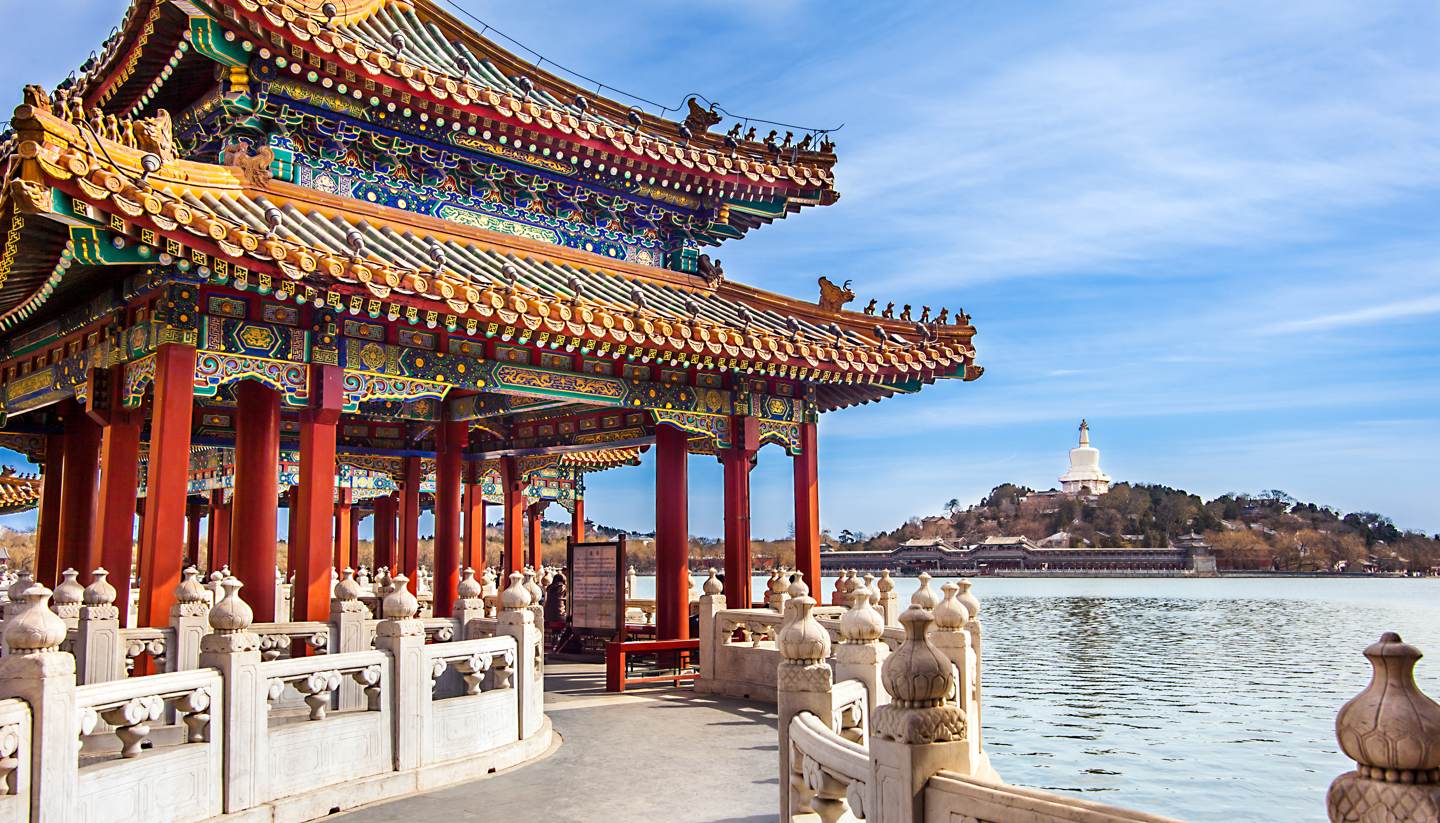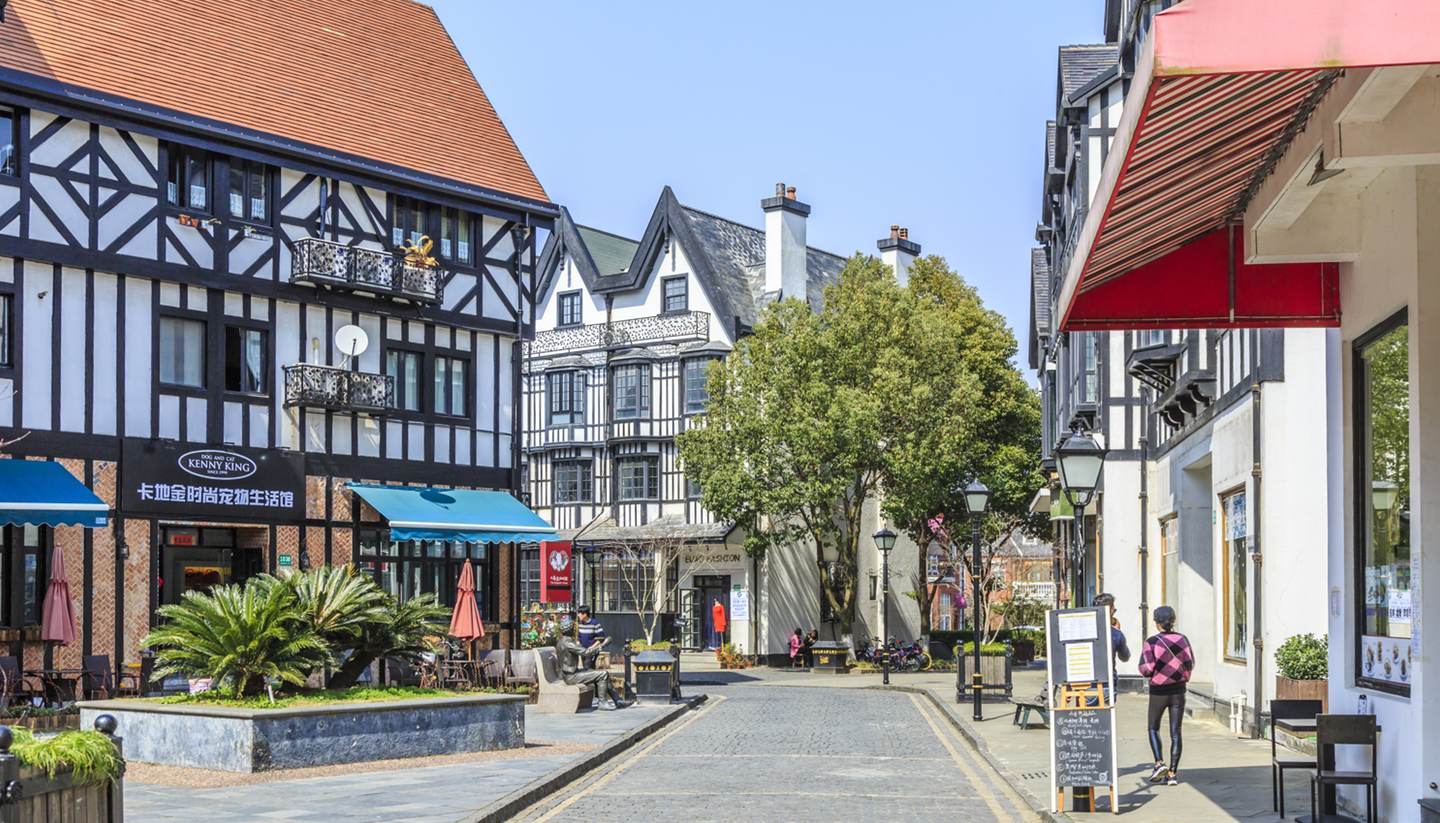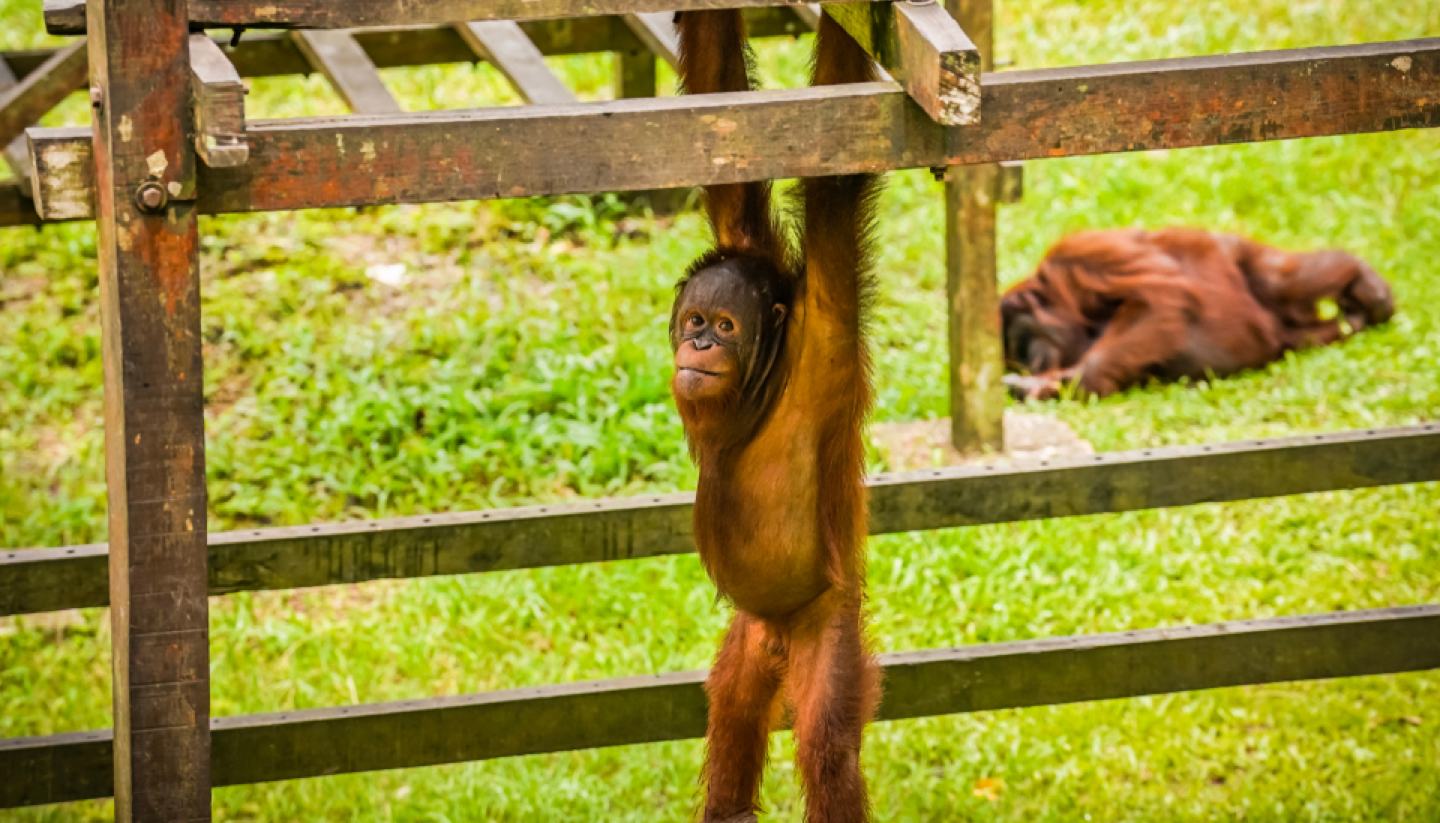China History, Language and Culture
History of China
The planet’s most populous nation also stands as one of its most influential – certainly on the political stage – but the concept of collective dominance is by no means a new one to the country. In broad summary, its history has alternated between periods of disunity and periods of strong national togetherness.
The first time the Chinese were truly united into a single empire was under the Qin Dynasty – builders of the initial stretches of the Great Wall – in the 3rd century BC. Power then passed into the hands of the less controlling Han Dynasty for four centuries, after which there was a long period of bitter internal conflict. The last dynasty, the Qing, survived until 1911, when Sun Yat-sen founded the Republic of China.
The Japanese invaded in 1937, resulting in eight years of brutal occupation. When the invaders were eventually repelled, civil war ensued between nationalists and Mao Zedong’s communists. In 1949, the victorious communists founded the People's Republic of China, giving rise to the notorious Cultural Revolution and, among other things, the still ongoing occupation of Tibet.
Even Chinese historians remain divided on the legacy of Mao, who may have helped assimilate China into a single-minded nation but was also responsible for horrific injustices on a monumental scale. He died in 1976, and only a few years later his successor, Deng Xioaping, felt bold enough to announce that Mao’s leadership had been ‘70% good, 30% bad’.
By the end of the 1980s, there was widespread agitation in favour of political reform, and action against the corruption that had become widespread. The situation came to a head in May 1989, when several thousand students and workers occupied Tiananmen Square. The army was sent in and the square cleared, with great loss of life.
As the 1990s progressed, those at the top of Chinese politics were gradually replaced. Jiang Zemin, who was appointed president in 1993, typified the new generation of leaders. Vice-President Hu Jintao took over the presidency from Jiang in 2003, and saw the country’s role as a forward-looking, although still tightly controlled, economic powerhouse become more defined.
Hu was followed by current incumbent Xi Jinping, who came to power in 2013 promising to quash corruption. He has since had to deal with a deeply uncertain Chinese economic climate.
Did you know?
• There are more Christians in China (some 54 million) than there are in Italy.
• It was reported in 2013 that Chinese police in Xinjiang were working with geese, the birds apparently being ‘better than dogs’ at tackling crime.
• Ke-tsiap, a spicy Chinese fish sauce, gave its name to ‘ketchup’.
China Culture
Religion in China
China is officially atheist, but the stated religions and philosophies are Buddhism, Daoism and Confucianism. There are 100 million Buddhists and approximately 60 million Muslims, 5 million Protestants (including large numbers of Evangelicals) and 4 million Roman Catholics, largely independent of Vatican control.
Social Conventions in China
Cultural differences may create misunderstandings between local people and visitors. The Chinese do not usually volunteer information and the visitor is advised to ask questions. Hotels, train dining cars and restaurants often ask for criticisms and suggestions, which are considered seriously. Do not be offended if you are followed by a crowd; this is merely an open interest in visitors who are rare in the remoter provinces. The Chinese are generally reserved in manner, courtesy rather than familiarity being preferred.
The full title of the country is 'The People's Republic of China', and this should be used in all formal communications. 'China' can be used informally, but there should never be any implication that another China exists. Although handshaking may be sufficient, a visitor will frequently be greeted by applause as a sign of welcome. The customary response is to applaud back. Anger, if felt, is expected to be concealed and arguments in public may attract hostile attention.
In China, the family name is always mentioned first. It is customary to arrive a little early if invited out socially. When dining, guests should wait until their seat is allocated and not begin eating until indicated to do so. If using chopsticks, do not position them upright in your rice bowl as the gesture symbolises death. Toasting at a meal is very common, as is the custom of taking a treat when visiting someone's home, such as fruit, confectionery or a souvenir from a home country. If it is the home of friends or relatives, money may be left for the children.
If visiting a school or a factory, a gift from the visitor's home country, particularly something which would be unavailable in China (a text book if visiting a school, for example), would be much appreciated. Stamps are also very popular as gifts, as stamp-collecting is a popular hobby in China. A good gift for an official guide is a Western reference book on China.
Conservative casual wear is generally acceptable everywhere and revealing clothes should be avoided since they may cause offence. Visitors should avoid expressing political or religious opinions.
Photography: Places of historic and scenic interest may be photographed, but permission should be sought before photographing military installations, government buildings or other possibly sensitive subjects.
Language in China
The official language is Mandarin Chinese. Among the enormous number of local dialects, large groups speak Cantonese, Shanghaiese (also known as Shanghainese), Fuzhou, Hokkien-Taiwanese, Xiang, Gan and Hakka dialects in the south. Inner Mongolia, Tibet and Xinjiang, which are autonomous regions, have their own languages. Translation and interpreter services are good. English is spoken by many guides and in hotels. Many taxi drivers do not speak English, even in big cities.





